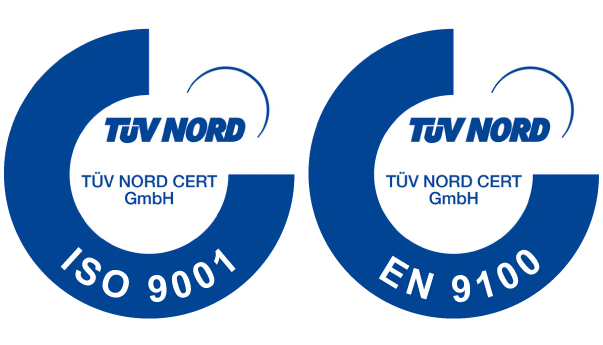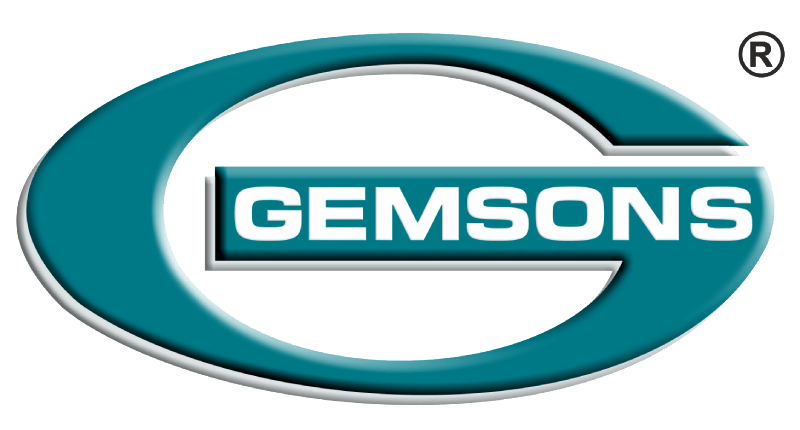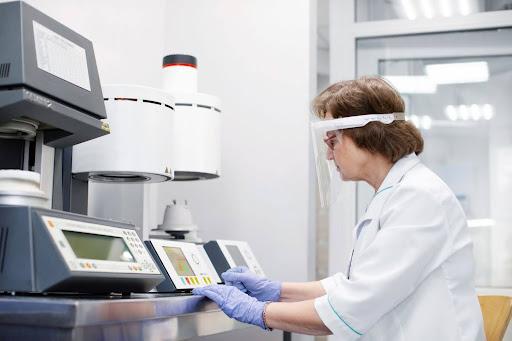The medical field places accuracy and safety at the top of its list. Whether it’s surgical instruments or implants, every component has to be built to the finest standards to optimize performance, with strict consideration to patient safety. Among the most reliable manufacturing methods for such critical components is investment casting. This process is renowned for the production of intricate parts with exemplary accuracy, which makes it the first choice for manufacturers of medical devices.
In this blog, we will talk about how investment castings are useful in the medical device industry by focusing on the benefits, applications, and the way this process ensures precision and biocompatibility.
Why Invest in Investment Casting for Medical Devices?
Investment casting, also termed lost-wax casting, is the manufacturing process of making a wax pattern of the part and then covering it with a ceramic shell. The molten wax melts away once the shell hardens, and its place will remain as a cavity through which molten metal is poured in order to produce the final part. Such a technique suits very complex shapes and intricate designs, thus making it an excellent choice for the medical device industry.
1. High Accuracy and Intricate Geometry
For use in medical devices, parts often have to be designed as rather complex geometrical pieces with a narrow tolerance. Investment castings have the highest precision accuracy in all casting processes. This allows producers to create designs, which is very difficult for other manufacturing processes. The accuracy ensures every part fits just right in the device, helping with functionality as well as dependability.
2. Biocompatibility for Patient Safety
Biocompatibility is the most significant parameter for any kind of material that is used in medical devices, primarily implants where metals directly come into contact with the human body. Investment casting allows using very large amounts of biocompatible metals such as stainless steel, titanium, and cobalt chrome alloys. These materials have been particularly chosen for their strength, durability and compatibility with human tissues, thus giving a minimum opportunity for adverse reactions.
3. Consistency and Repeatability
In medical manufacturing, consistency is the key. All the parts have stringent quality requirements for patient safety and successful device function. The investment casting process provides excellent repeatability. The reason for repeatability is of prime importance in the case of medical devices.
Applications of Investment Castings in Medical Devices
Investment castings are versatile and can be used for almost every medical purpose. Some of the common applications are enumerated below:
- Surgical Instruments: Squeezers, scissors, clamps, and other instruments used in surgery require delicate shapes and are made of biocompatible material. Hence, high precision is assured for this group of instruments by using investment casting.
- Orthopedic Implants: Hip and knee replacements are implants that require strength as well as biocompatibility. Investment casting is very useful in developing custom-fit implants that closely match the anatomy of the patient, hence improving their comfort and reducing recovery times.
- Dental Implants: The dental implant and parts, in general, can be cast with investment casting since it has the advantage of the ability to make small, detailed parts that require a high degree of accuracy for that perfect fit in dental applications.
- Prosthetic Components: Light prosthetic components that are durable for the patient require more comfort and mobility. Investment casting allows for complex shapes that can be tailored according to an individual’s patient needs.
Advantages of Investment Castings of Medical Devices
Investment castings have the following advantages in the manufacture of medical devices:
1. Economical Manufacturing
While investment casting appears to be very costly in the first instance because it contains the input of wax patterns and ceramic molds, as a whole, it minimizes extensive machining. This translates into lower manufacturing costs. Additionally, parts that are very complex geometrically would necessitate very expensive machining operations.
2. Superior Surface Finish
Investment casting offers an extremely good surface finish that is particularly crucial for medical applications. A better surface finish reduces the possibility of biofilm formation and may be sterilized more easily than a surface that has been permitted to become roughened. This is more important for surgical instruments and body tissue-contacting implants.
3. Material Flexibility
Different metals are used in the medical industry based on their application. Investment casting is capable of supporting a wide array of materials, including stainless steel, titanium, and other specialized alloys that provide the mechanical properties and biocompatibility required for medical devices.
4. Reduced Lead Times
This process can significantly minimize the lead times involved when a product is manufactured following traditional methods. Rapid prototyping, along with streamlined production, enables manufacturers of medical devices to get their product to the market early so that they can respond to updated requirements and expectations of the patients.
Ensuring Quality with Rigorous Testing
Most medical devices have come to the forefront as significant investments that must be subject to rigorous quality control in the investment casting process. Companies manufacturing such fragile parts are very cautious with their inspections, tests, and analyses to ensure that all their manufactured parts meet the set requirements. This is the approach that has ensured that every part coming out of the plant is flawless and usable for life support applications in medical devices.
Conclusion
Investment casting has become an established and versatile manufacturing process for the medical device industry. It is not only a highly sophisticated technique with unmatched precision, but it also features material versatility and biocompatibility. It is, therefore, considered the most suitable tool for the production of critical parts used in surgical instruments, implants, and prosthetics.
At Gemsons Precision Engineering Private Limited, we possess years of experience with sophisticated investment casting capabilities that ensure the production of top-quality, precise components made for medical use. Learn more about our investment casting services at Gemsons Precision Engineering.



Recent Comments